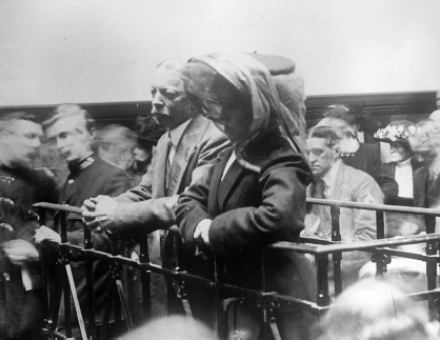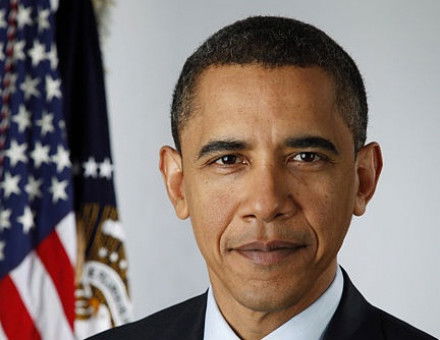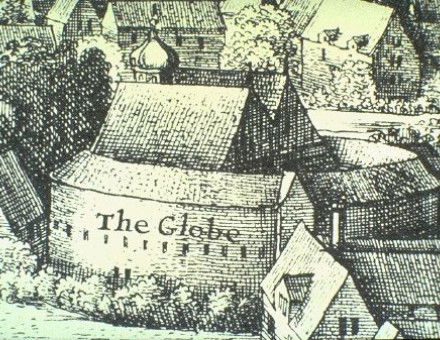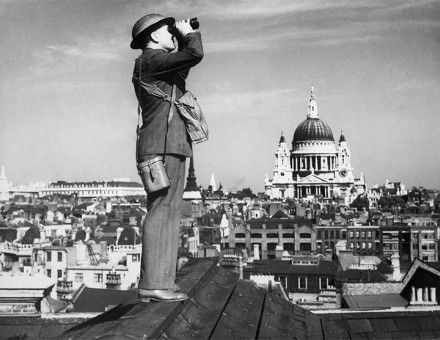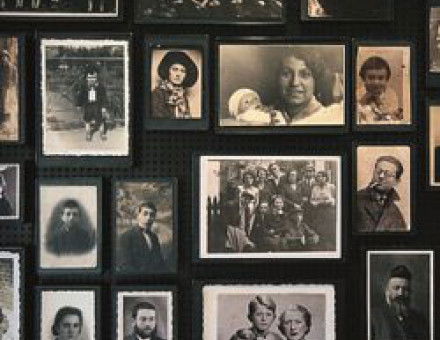Body of Evidence: The History of Forensic Medicine
A century after the execution of Dr Crippen for the murder of his wife, Fraser Joyce argues that, in cases hingeing on identification, histories of forensic medicine need to consider the roles played by the public as well as by experts.


